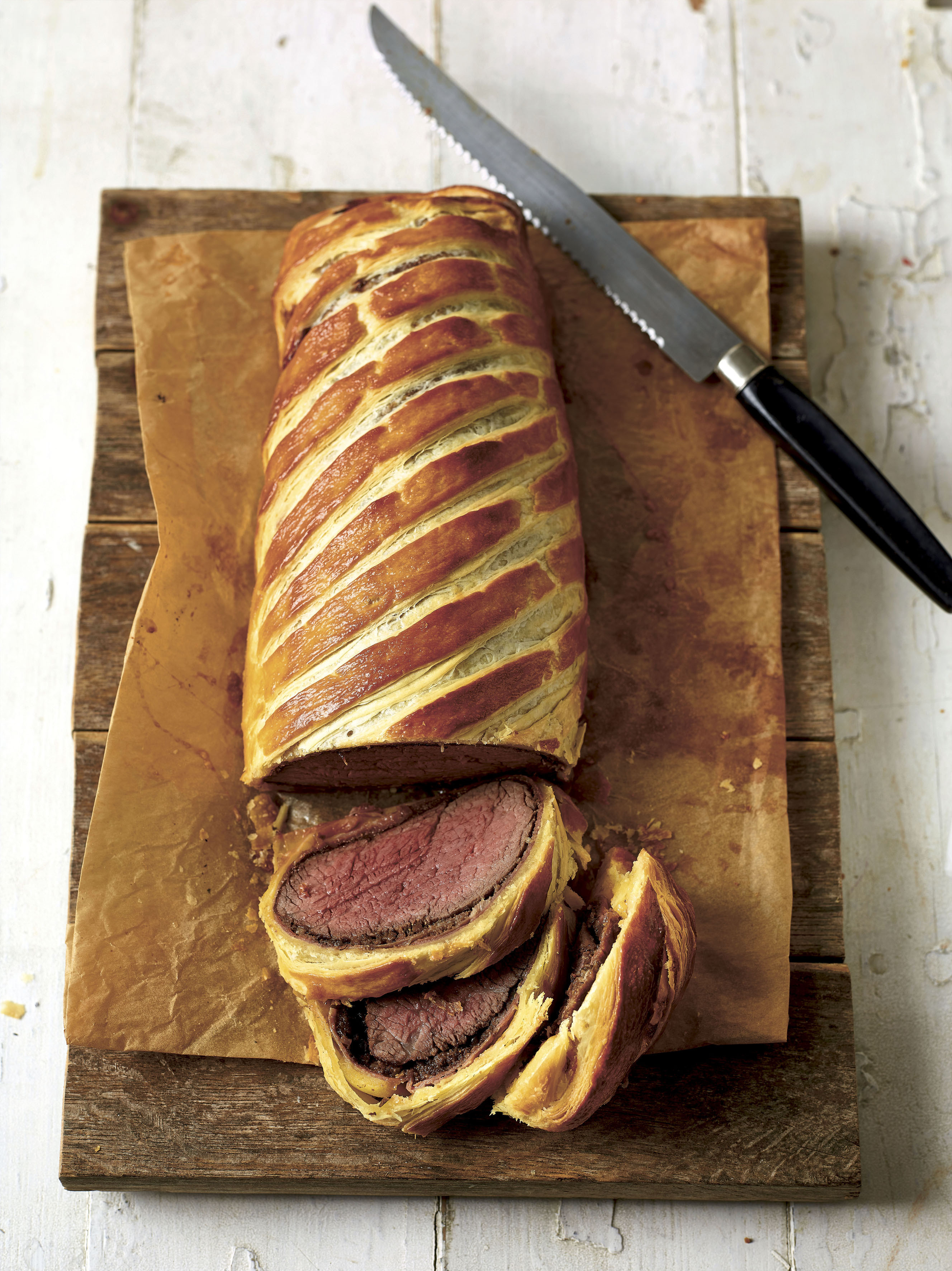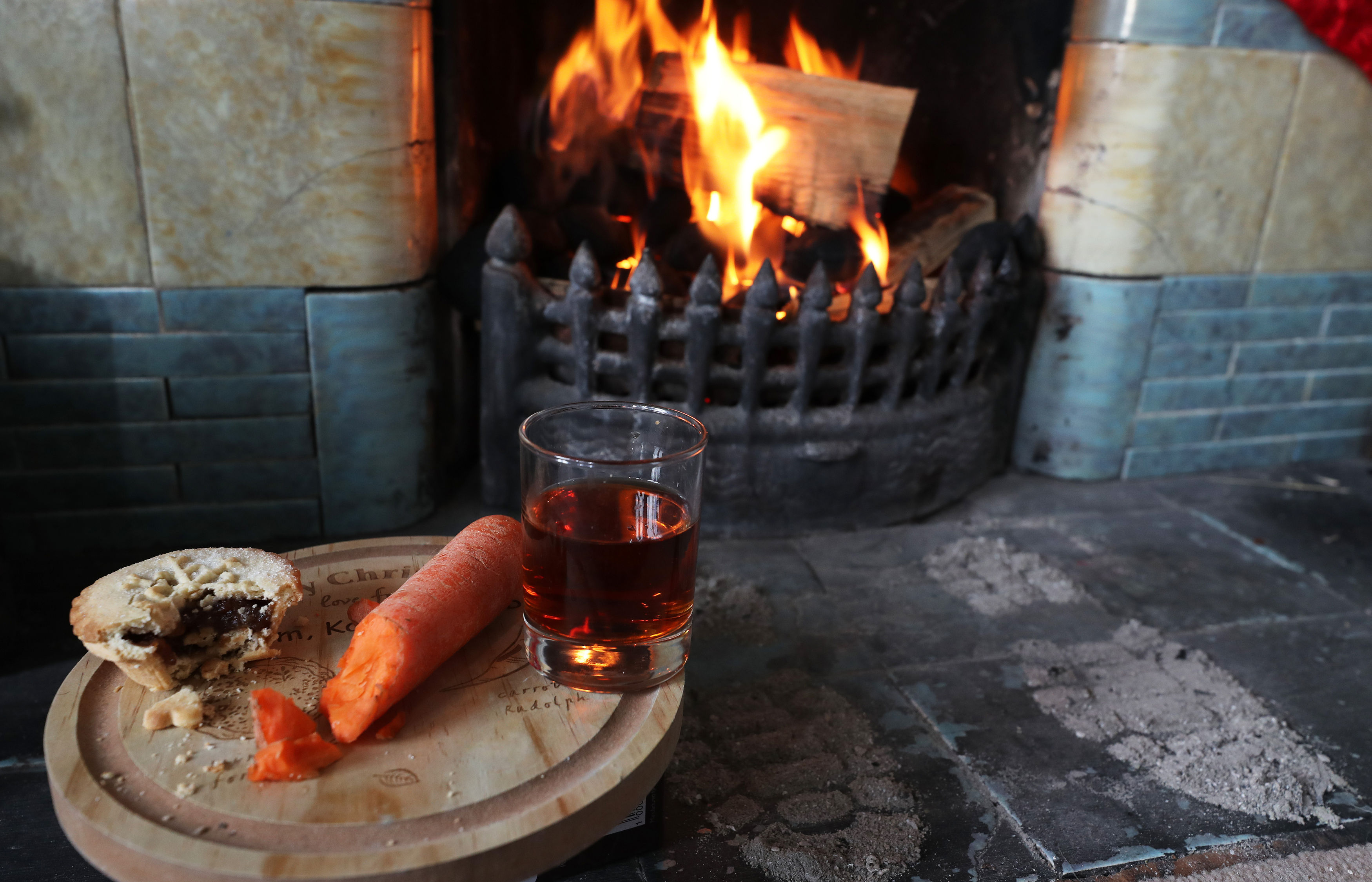These Great British foods aren’t actually British
We love our fry-ups, and our fish and chips, our roasts and our steak and kidney pies, but did you know, that quite a few of our traditional British dishes aren’t actually all that British?
Tea
A cuppa as soon as you wake up, with scones or if there’s a crises, there’s not a time of day when a tea break isn’t necessary – whether you’re a Twinings, Yorkshire or PG Tips drinker.
But English breakfast tea is imported – we didn’t invent it at all. In fact, tea has been in Britain since the 1610s (King Charles II later became a fan, but it wasn’t really deemed popular until the 1800s), and actually originated in China.
Cauliflower cheese
Pretty much a staple of British cuisine, it turns out the word ‘cauliflower’ comes from the original English name, ‘Cyprus coleworts’. Why? Because the vegetable first arrived from Cyprus, back in the late 17th century. And adding cheese to it? That was probably also down to Cypriot influence – béchamel sauces were a staple in Cypriot kitchens.
Beef Wellington

The British Beef Wellington was named after the hero of the Battle of Waterloo in 1815
Meat wrapped in more meat and then a layer of pastry? It must be British, right? Tradition holds that the dish was named after the Duke of Wellington, after he successfully defeated Napoleon Bonaparte in 1815, at Waterloo, however, it appears Beef Wellington as we know it didn’t enter common cooking – or records – until the 20th century – and even then, it was in America.
The dish is also very similar to the French ‘filet de bœuf en croûte’, so it seems we’ve rather borrowed it from across the Channel, and the pond…
Fish and chips
Legend has it the first chippie opened in the 1860s – there’s discussion over who actually launched the enterprise – a Northerner in Lancashire, or a Jewish immigrant in East London. It is largely agreed that the practice of frying fish in batter does have 16th century Jewish origins, and was brought to England by Portuguese Marranos.
Mince pies

A carrot and a mince pie for Santa. Every year, the same, comfortable British tradition
A Christmas stalwart, but did you know the idea of a sweet mincemeat pie came to Britain in the 13th century, when the crusaders returned from the Middle East with dishes flavoured with fruits and spices?
Oliver Cromwell then went on to ban mince pies in the 17th century because they were too ostentatious. In Puritan Britain, he wanted people to observe Christian festivals without the distraction of the pies, but once the monarchy returned, the ban was lifted. Phew.
So there you have it. Think you’re eating archetypal British nosh? Think again.
The Press Association
Latest posts by The Press Association (see all)
- 5 new books to read this week - November 23, 2024
- 3 easy Mary Berry recipes to make this season - November 22, 2024
- In Pictures: Party stalwart kept New Labour in touch with traditional supporters - November 21, 2024
- 6 easy indoor exercises to try this winter – and why they are good for you - November 19, 2024
- Martin Clunes: I can’t afford to retire – I’ve got too many horses - November 19, 2024





















